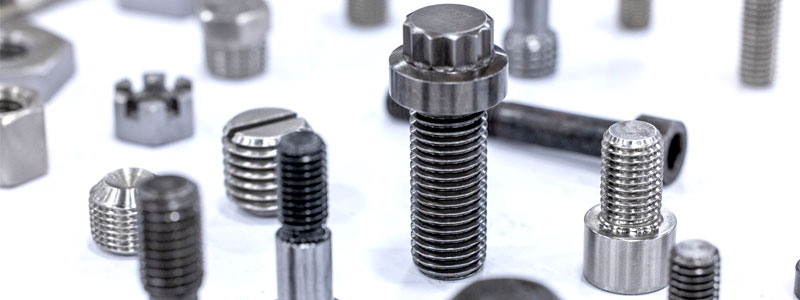
12 Jun, 2025
Fasteners are the backbone of modern engineering and construction. Though small in size, they play a crucial role in holding together everything from skyscrapers to automobiles. Without fasteners, the world as we know it would quite literally fall apart. In this blog, we’ll explore the different types of fasteners, their applications, and why choosing the right fastener is essential for any project.
Fasteners come in various shapes and sizes, each designed for specific purposes. Here are some of the most common types:
Bolts and nuts are among the most widely used fasteners. They provide strong, secure connections and are commonly found in construction, automotive, and machinery applications. The combination of a bolt and nut ensures a firm grip, making them ideal for heavy-duty tasks.
Screws are versatile fasteners used in woodworking, metalworking, and plastic applications. They come in different head types, such as Phillips, flathead, and hex, each serving a unique purpose. Self-tapping screws are particularly useful for creating their own threads in materials.
Washers are small but essential components that help distribute the load of a fastener, preventing damage to the surface. They also reduce friction and enhance the longevity of the connection.
Rivets are permanent fasteners used in applications where welding or bolting is not feasible. They are commonly found in aircraft, bridges, and metal structures, providing strong and durable connections.
Anchors are specialized fasteners used to secure objects to concrete, brick, or drywall. They come in various types, including expansion anchors, toggle bolts, and sleeve anchors, each designed for specific load-bearing capacities.
Selecting the right fastener is critical to ensuring the durability and safety of any structure. Here are some factors to consider:
With advancements in technology, fasteners are evolving to meet the demands of modern engineering. Smart fasteners equipped with sensors can monitor structural integrity, providing real-time data on stress and wear. Additionally, eco-friendly fasteners made from sustainable materials are gaining popularity, reducing environmental impact.
Fasteners may be small, but their significance in engineering and construction is immense. Whether you’re building a bridge, assembling furniture, or working on an automotive project, choosing the right fastener ensures strength, durability, and safety. At [Your Company Name], we take pride in manufacturing high-quality fasteners that meet industry standards and exceed expectations.

If you have any question regarding our products, Please send us your message by filling up the form. We will revert back shortly.
Address
PIONEER NUTS & BOLTS PVT. LTD.
Unit-1
13-B , Friends Industrial Estate,
Focal Point, Ludhiana - 141010 , Punjab (India)